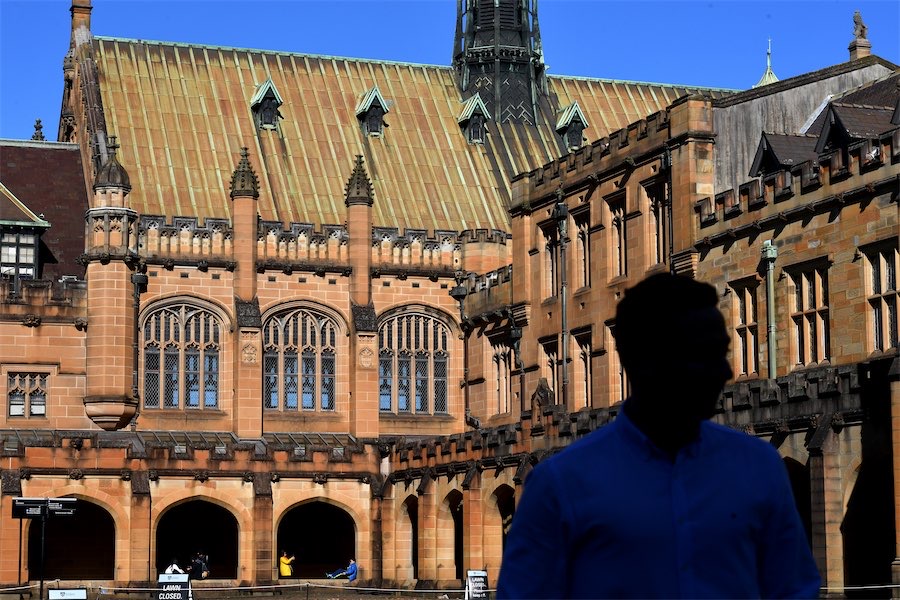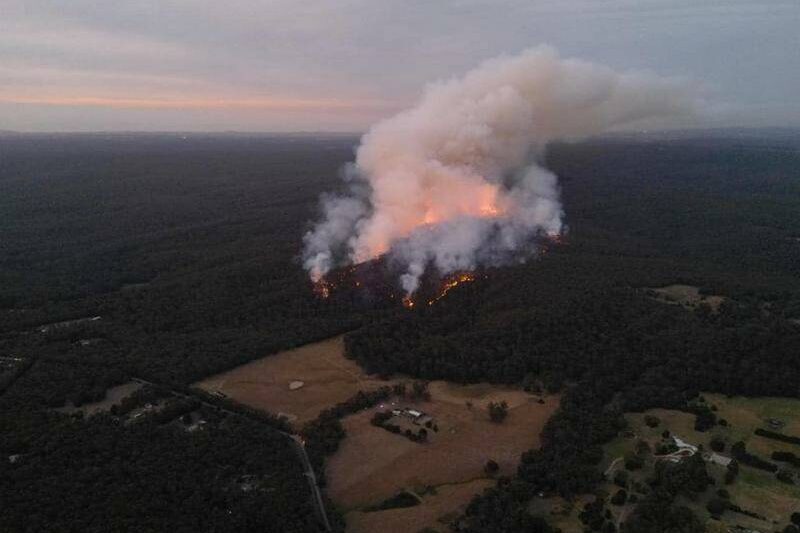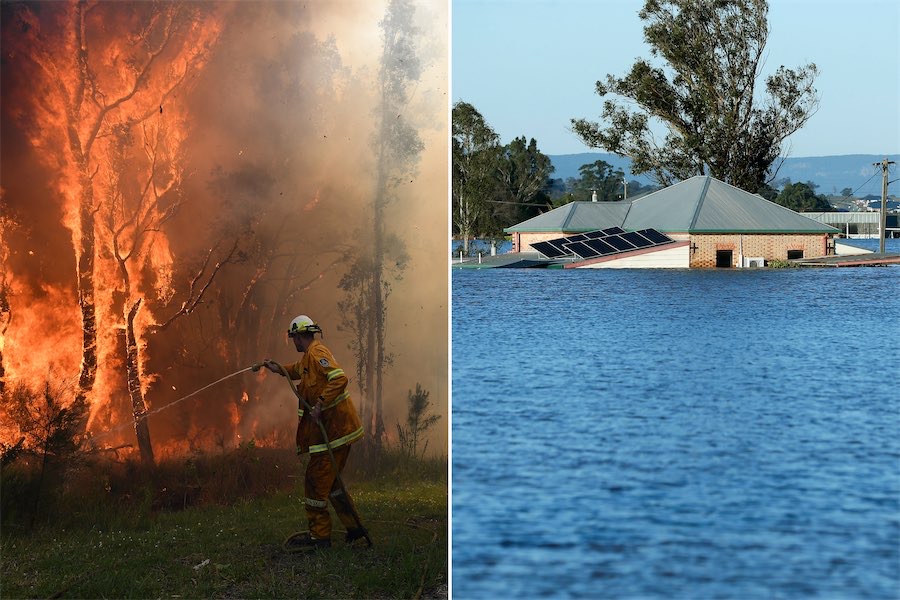
By Jacob Shteyman in Canberra
Universities and colleges will have until the beginning of 2025 to prepare themselves for a cut to foreign student numbers the sector warns will cost jobs and damage research in Australia.
Federal Education Minister Jason Clare will be able to set a cap on international student enrolments under laws proposed by the government in a bid to “strengthen the integrity and quality of international education”.
The sector acknowledges the unprecedented growth in international student numbers is unsustainable but says chronic underfunding had forced public institutions to become reliant on the lucrative market.
Mr Clare and Home Affairs Minister Clare O’Neil told “angry” stakeholders they were keen to work closely with them to achieve a sensible outcome in a meeting on Monday, the head of the International Education Association of Australia said.
“We’ve got to acknowledge that, whether it’s a public university or a quality private college like an English-language college, they’ve got staffing issues, they’ve got leases on commercial buildings, they’ve got business plans,” chief executive Phil Honeywood told AAP.
“So at the very least they deserve six or seven months to cut their cloth according to any new government policy framework.”
Ms O’Neil said the meeting was positive and the government would work closely with the sector to manage the “big changes”.
The industry secured an exemption for research students from the cap in an acknowledgement that research quality cannot afford to be affected by the change.
University of Sydney vice-chancellor Mark Scott said international students were invaluable to the economy and universities’ funding models.
“If, in fact, international student numbers fell, there would be a further black hole in (research and development) funding, which is so important to the economic growth of the nation,” he told the ABC.
Mr Clare said shonky agents were seeking to take advantage of returning international students following the easing of COVID-19 restrictions.
“International education is a valuable national asset … These reforms will help to set it up for the future,” he said after the meeting.
Education providers have been accused of lowering admission standards and using incentives for education agents to bring in foreign students
The government says a ban on agent commissions on student transfers between providers will remove the incentives.
Restrictions for education agents and providers will also be tightened but it remains unclear what institutions’ international enrolment limits will be.
The sector is looking to ensure further carve-outs for students in regional areas and in-demand skills as consultations with the government continue.
The Independent Tertiary Education Council Australia says the government should improve the migration system rather than targeting education providers, arguing the cap will cost jobs.
The legislation will allow universities to exceed the cap if they build additional student housing to free up pressure on the rental market.
The overseas student population in Australia reached an all-time high of 671,000 in March – a 15 per cent increase on the previous year.
International students provide a $48 billion boost to Australia’s economy and employ 200,000 workers, making it the nation’s fourth-largest export.
But critics have argued the sharp increase in numbers has worsened housing affordability and added pressure to already-strained infrastructure.
“Labor’s opening of the floodgates to record levels of international students is fuelling the housing crisis and causing unprecedented chaos in the international education sector,” opposition education spokeswoman Sarah Henderson said.
But Greens leader Adam Bandt said the government was attacking migration to distract from the real causes of the housing crisis, including handouts to property investors.
Who can be trusted?
In a world of spin and confusion, there’s never been a more important time to support independent journalism in Canberra.
If you trust our work online and want to enforce the power of independent voices, I invite you to make a small contribution.
Every dollar of support is invested back into our journalism to help keep citynews.com.au strong and free.
Thank you,
Ian Meikle, editor





Leave a Reply